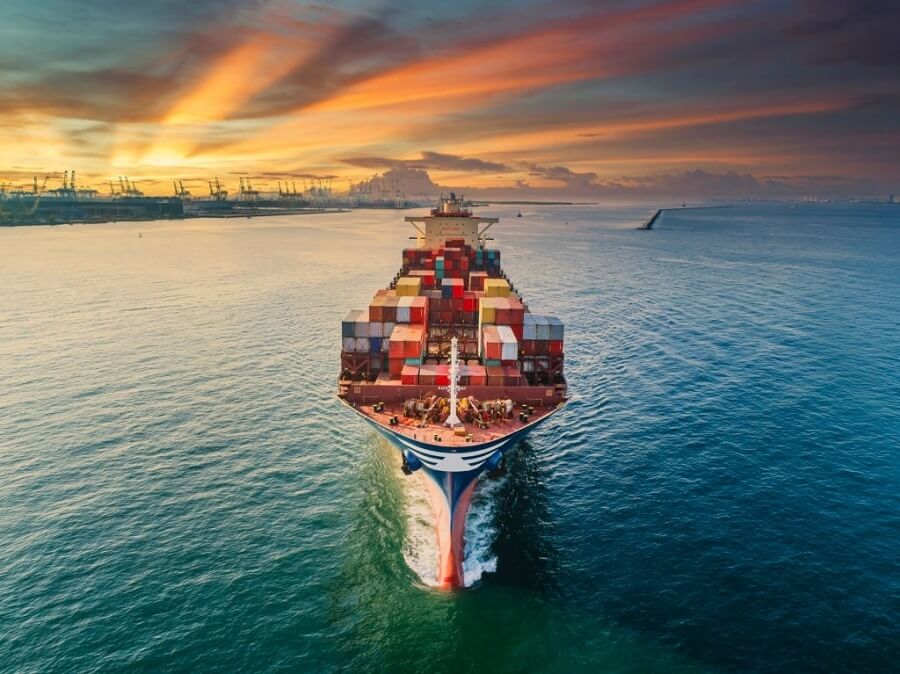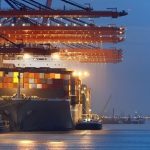China’s iron ore imports are set to rise in 2023 for the first time in three years, say analysts, due to steel mills using more ore in production and less steel scrap, as scrap has become more expensive.
Most mills in the world’s biggest steelmaker use some scrap in production as it improves productivity. But weak construction activity in China is generating less scrap, reducing supply and making it more expensive.
Scrap consumption fell nearly 11% to 110 million metric tons in the first half of the year, estimated Hu Bin, director of information provider Fubao.
Five analysts expect imports of iron ore to rise by between 40 and 60 million metric tons this year from last year’s 1.11 billion tons, or as much as 5.4%.
“We lifted our forecast in Q2 because we witnessed lower scrap consumption in H1 and the situation is expected to continue in H2,” said Lawrence Zhang, principal consultant metals & mining at consultancy Wood Mackenzie.
China relies on imports for about 80% of its total consumption and domestic supply cannot make up for the stronger demand for iron ore.
Domestic mining this year has been disrupted by safety checks following mine accidents.
Analysts at Zijintianfeng Futures said in a note in late June that they expect a 3% year-on-year decline in output during 2023, based on the slower-than-expected 1.2% growth during the first five months, according to the Metallurgical Mines Association of China (MMAC).
“Assuming the crude steel production of 2023 is the same as last year, China needs more iron ore imports to offset the shortage of steel scrap,” said Lawrence.
ABUNDANT SUPPLY
Overseas supplies of ore, particularly from Brazil and India, will easily cover China’s lower scrap use.
Imports from India are expected to grow by between 15 and 20 million metric tons, said analysts, after the country scrapped its export tax on low-grade iron ore last November.
China’s iron ore imports in the first half of 2023 hit a record high for the period at 576.14 million metric tons, 7.7% higher than a year ago, customs data showed.
It could raise concerns for Beijing, which is trying to reduce its heavy dependence on imported ore.
“It may highlight the problem of import reliance. But there is a limited amount they can do about domestic supply,” said Tomas Gutierrez, head of data at UK-based consultancy Kallanish Commodities.
The strong demand is supporting global iron ore prices, even as China’s huge steel industry struggles with poor domestic demand.
The settlement price On July 13 for the most-traded futures contract on the Singapore Exchange SZZFQ3 stood at $109.92 per metric ton, to show a rise of 23.5% from a year ago.
Source: Hellenic Shipping News






